Last year, Kazakhstan embarked on an ambitious reform platform designed to update the nature of Kazakhstan’s political system. The second president of the country, Kassym-Jomart Tokayev, who was elected by the clear majority of the Kazakh people has decided to bring his country into the future with his new initiatives. A new chapter in the country’s political life has attracted the attention of pundits, businessmen and experts from around the world.
President Kassym-Jomart Tokayev took part in the award ceremony of the Nazarbayev Prize for a Nuclear-Free-World and Global Security presented by Kazakhstan’s First President Nursultan Nazarbayev on August 29, 2019. Established in 2016, the Nazarbayev Prize is awarded to prominent individuals for their contribution to nuclear disarmament and global security. Photo credit: Akorda.kz.
In this second selection of opinions and analysis, the Astana Times has chosen to highlight the statements of the EU academics and journalists. Previously, we shared the opinions and statements of distinguished public figures from Europe.
Günter Knabe, Journalist, Political Scientist (Germany): Peace-Loving Foreign Policy
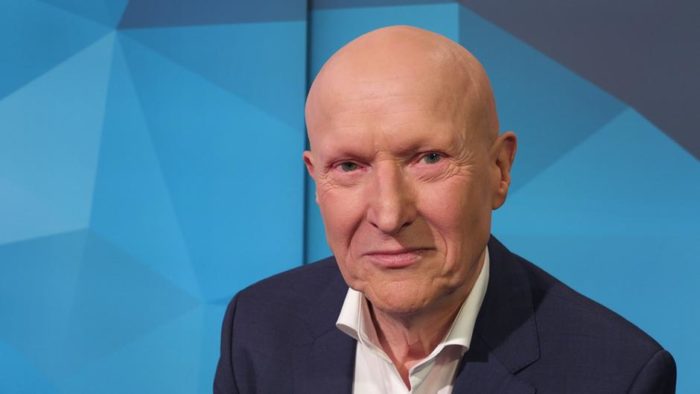
The fact that President Tokayev became the Head of the Kazakh state is seen as a very important change for the country as a whole. I was impressed by how smoothly and calmly the change of power took place under the leadership of President Tokayev. If we summarize the first year of Tokayev’s presidency, then the past period can be described as a year of consistent continuation of a peace-loving, stable and decisive domestic and foreign policy. I believe that last year was very successful for President Tokayev and for Kazakhstan, as well as for Kazakh-German relations.
Alexander Rahr, political scientist (Germany): Nazarbayev’s Legacy Preserved
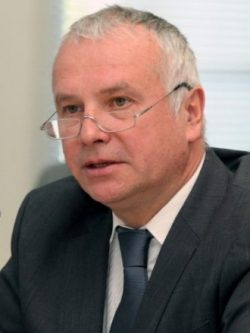
The fact that the transfer of power from Nursultan Abishevich Nazarbayev, the founder of Kazakhstan’s statehood, to the incumbent Head of State, Kassym-Jomart Kemelevich Tokayev, who picked up this baton and continues the course of the First President of the Republic of Kazakhstan, with which Germany and the European Union has always had excellent relations, indicates that in foreign policy the most important factor is stability.
Birgit Wetzel, journalist, political scientist (Germany): Sweeping Social Development
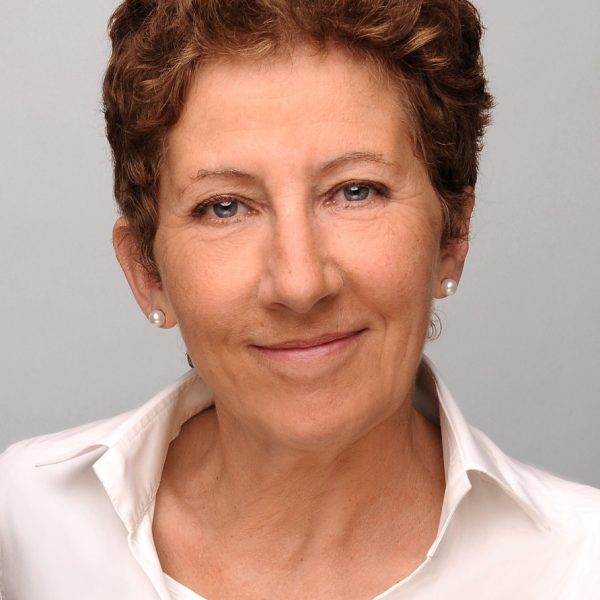
President Kassym-Jomart Tokayev is continuing on the path that his predecessor began. It looks like his first year as President has allowed the country to enter a new dimension and gradually move forward with new initiatives, including in the social sphere, which is now receiving more attention in the country. I express hope that these transformations will lead to a better understanding at all levels of a diverse society in Kazakhstan, as well as to strengthening ties between all residents of the country, which will further consolidate the population and establish good contacts with Central Asian neighbours.
Dusan Podgorski, Honorary Member of the Slovak Academy of Sciences, former Ambassador of the Slovak Republic to Kazakhstan: Islamic World Outreach
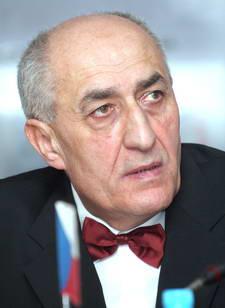
The past year was an energetic first year of the presidency of Kassym-Jomart Tokayev. In one year, the President made visits to a number of important states and met with the leaders of the geopolitical centres and strategic partners of Kazakhstan – Russia, China, the US, EU countries, Central Asian states and countries of the Islamic world. At the beginning of 2020, a new foreign policy concept was adopted which outlined Kazakhstan’s foreign policy priorities until 2030. President Tokayev instructed the Government of Kazakhstan to work out a set of measures to stimulate economic growth, improve fiscal and monetary policies, develop entrepreneurship, and support private entrepreneurship and foreign investment. By the way, Kazakhstan has attracted more than $300 billion in the form of foreign direct investment over the years of independence, however, mainly in the sphere of oil and gas production.
Elena Vrabelova, Senior editor of the Russian edition of Radio Slovakia International RTVS, member of the Council of the World Association of Russian-language Press WARP (Slovakia): Promotion of Small Business
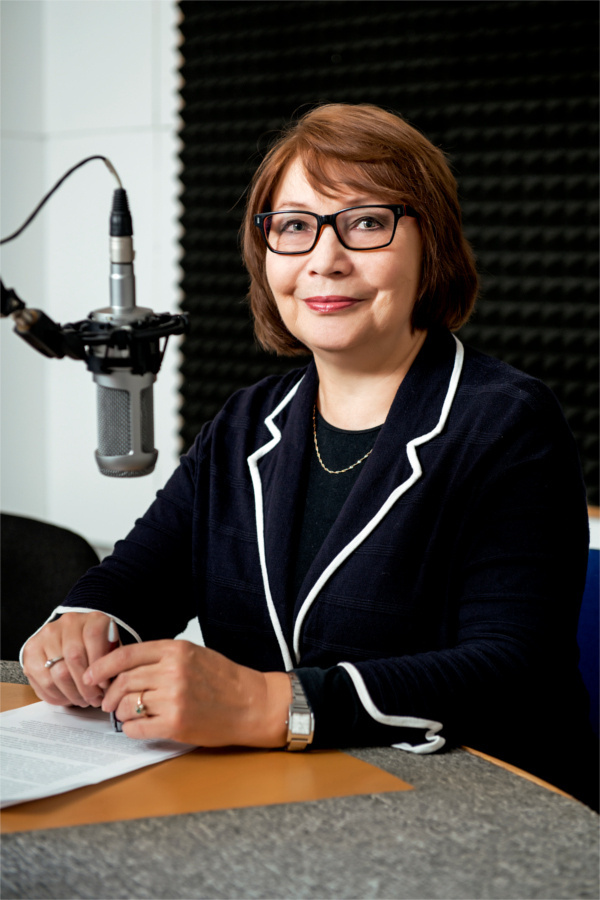
Over the past year, during which Tokayev has been president, a lot has been done in your country. I also think that the new tasks set by your president, which include pursuing a unified housing policy, supporting small and medium-sized businesses and law enforcement reform, will improve the well-being of Kazakhs. Another important area is the support of young people and their political activity. One cannot disagree with what President Tokayev said about the involvement of young people in the country’s socio-political processes, which will allow passing the “baton of independence” to a new generation of enlightened patriots. This is an absolutely correct direction to work with the young generation.
Antonio Alonso Marcos, Professor, University of San Pablo CEU (Spain): COVID-19 Leadership
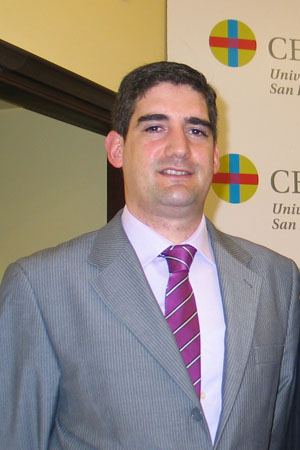
Kassym-Jomart Tokayev has shown leadership in both domestic and foreign policy. He has demonstrated his ability to listen to social issues by organising a forum for dialogue with civil society. Tokayev promptly responded to the emergence of the COVID-19 pandemic. Following the first cases of infection, decisive measures were taken, precisely when they were most effective. Isolation measures alone are not enough, it is necessary to provide the population with economic means that will help to overcome this difficult situation. This was done by the State Commission for Emergency Situation, which adopted a package of economic incentive measures, including a new housing program adapted to new conditions, a progressive taxation scale and flexible agricultural support.
Jose Luis Orella, Doctor, Senior Professor of Contemporary History, University of San Pablo CEU (Spain): Investing Into Education
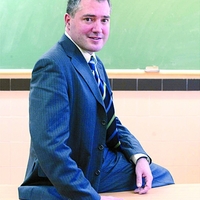
Kassym-Jomart Tokayev was elected President of Kazakhstan on June 9, receiving 71 percent of the vote. After one year, we can state that President Tokayev has deepened the process of modernisation of the state, taking into account the different opinions of society. The aim of modernisation is to create a more self-sufficient, prepared, free and highly educated society as the main foundation of a strong democracy. Stable Kazakhstan is crucial for its neighbours and makes this country in Central Asia the benchmark for other countries, which is a bridge between East and West for political and economic exchanges.
Tiberio Graziani, President of the International Institute global analysis Vision & Global Trends (Italy): The Tokayev Doctrine
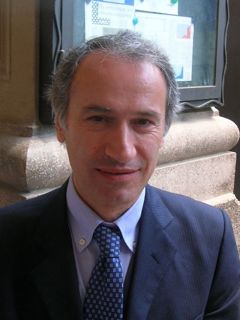
June 12 of this year marks the end of the first year of the presidency of Kassym-Jomart Tokayev, the second President of the young Central Asian country. Firstly, Tokayev’s pledge to comply with the commitments made during the presidential campaign, and in particular, the commitments expressed during his inaugural address on June 12, 2019, should be emphasized. Among the innovative aspects presented in Kazakhstan’s Foreign Policy Concept for 2020-2030, which we could call the Tokayev Doctrine, the important role of the economic component of Kazakhstan’s diplomacy should be emphasized. The Tokayev Doctrine provides for the development of the country’s economic potential by activating new routes to the world market, despite the economic wars and protectionism that characterize the global scenario.
Gal Andras, President of the Hungarian-Kazakh Barys Foundation (Hungary): Crisis Leadership
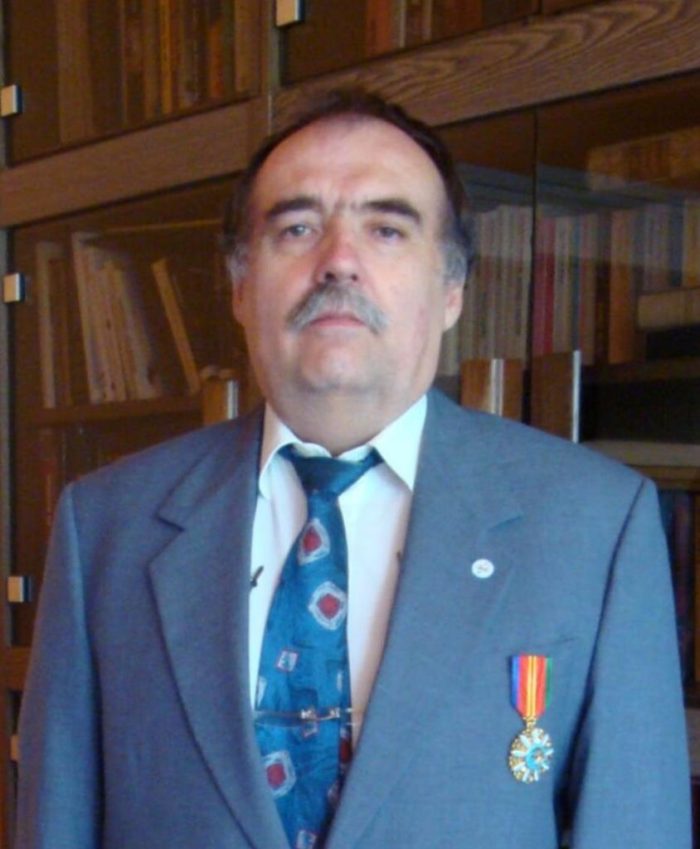
The success of last year includes the continuation of the strategic programs of the First President of the country, Nursultan Nazarbayev. Preservation of goals leads to continuity, predictability and stability. Today’s challenges, especially COVID-19, require a lot of effort, both from the country’s leadership and from the wider public.
We hope that the anti-crisis package announced by President Tokayev aimed at supporting citizens and businesses will be effective and will achieve its goal with the help of existing financial instruments.
Levente Sitkei, Head of Foreign Policy Department, Hungarian republican newspaper Magyar Nemzet: Promotion of Youth Politics
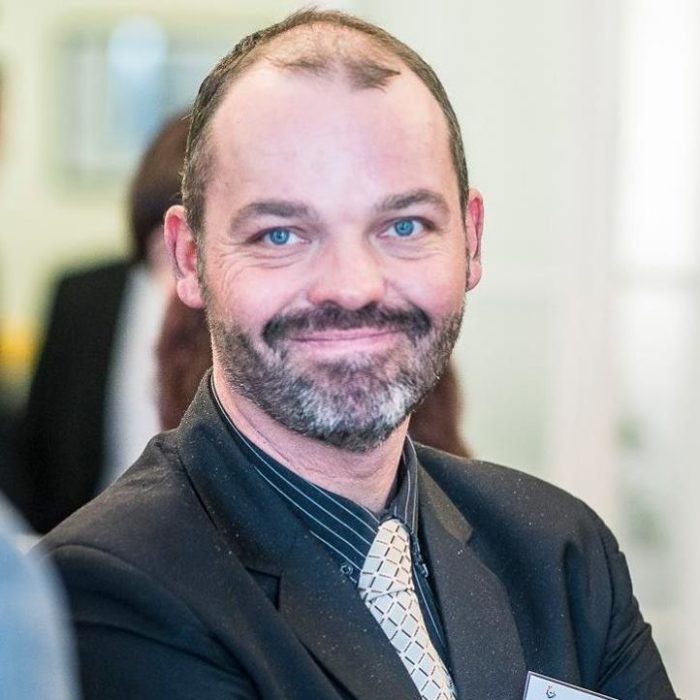
It is good to see that the new President is following his predecessor Nursultan Nazarbayev in a very decisive way towards a stable and predictable future where the citizens of Kazakhstan, regardless of their origin and ethnicity, can work for the country’s success. During the first year of his presidency, President Tokayev has proved that this path will not disappear in Kazakhstan, that the influence of Parliament will increase and that the younger generation will have its own place in decision-making.
Svante Cornell, Director, Institute for Security and Development Policy (Sweden): Combatting Endemic Corruption
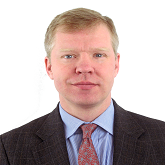
A year has passed since Kassym-Jomart Tokayev was elected President of Kazakhstan. His first year was not easy: it included a peaceful transfer of power at the highest level for the first time in the country’s history, as well as the double problem of the COVID-19 pandemic and the subsequent economic downturn. During this process, President Tokayev demonstrated the same qualities of his leadership when he held various positions for several decades: a thoughtful and strategic approach, as well as perseverance and patience. Perhaps most importantly, President Tokayev introduced the concept of a listening state, and his efforts to improve governance and fight corruption. This concept is an important element in the development of Kazakhstan’s achievements in the first three decades of independence under the leadership of Nursultan Nazarbayev.
